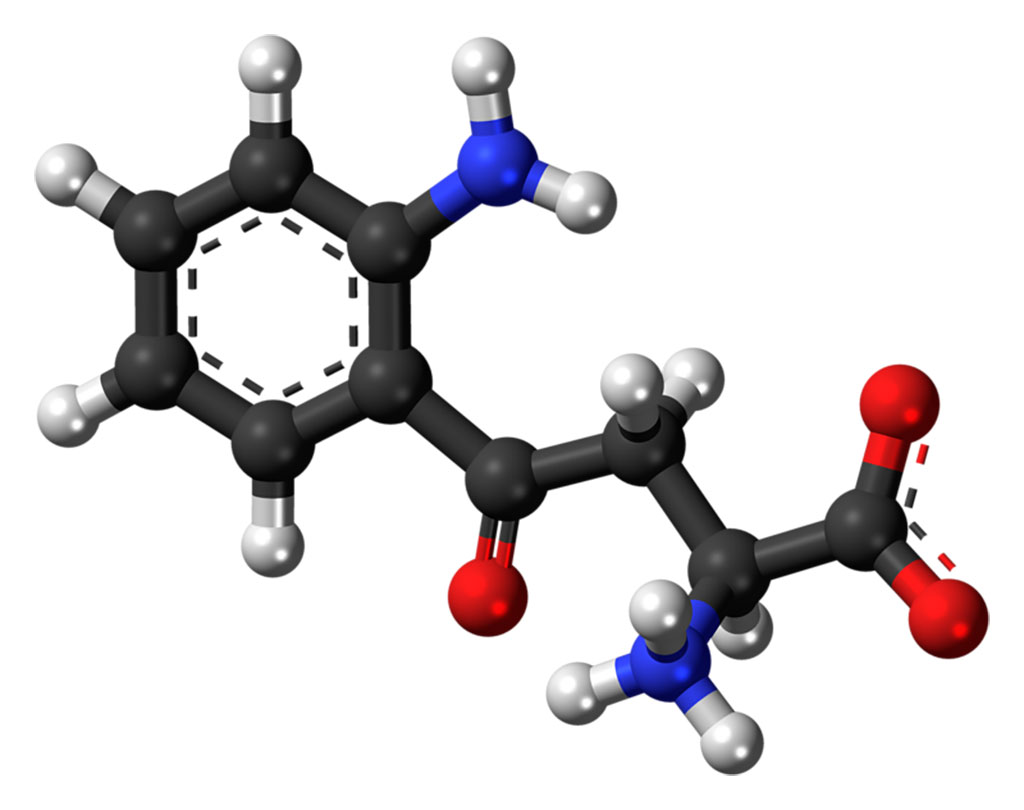Biomarker Panel Predicts Depressive Symptoms in Pregnant and Postprartum Women
Posted on 09 Feb 2022
A recent paper described the establishment of a set of biological markers found in the blood that can predict if pregnant or postpartum women will experience significant depressive symptoms.
Peripartum depression (PPD) is defined as depression with onset during and up to four weeks after delivery. In addition to symptoms of depression, which can range from mild to severely incapacitating, anxiety and suicidality are also frequently reported. PPD in the mother is linked to low birth weight and prematurity, as well as emotional problems in the offspring, spanning from early childhood to adolescence.

Both inflammatory factors and kynurenine metabolites impact neuroinflammation and glutamatergic neurotransmission and can therefore affect mood and behavior. For the current study, it was hypothesized that the levels of pro-inflammatory cytokines and neuroactive kynurenine metabolites would be positively linked to the severity of depressive symptoms, and that single markers, or a combination thereof, measured early in pregnancy could serve as biomarkers to predict subsequent depression.
To determine whether cytokines and kynurenine metabolites can predict the development of depression in pregnancy, investigators at the Van Andel Institute (Grand Rapids, MI, USA) and Pine Rest Christian Mental Health Services (Grand Rapids, MI, USA) analyzed blood samples and clinical symptoms in 114 women during each trimester and the postpartum period.
The investigators analyzed blood samples and clinical symptoms iin the volunteers during each trimester and the postpartum period. They analyzed plasma IL-1beta, IL-2, -6, -8, -10, TNF (tumor necrosis factor), kynurenine, tryptophan, serotonin, kynurenic- quinolinic- and picolinic acids and used mixed-effects models to assess the association between biomarkers and depression severity.
Results revealed that IL-1beta and IL-6 levels associated positively with severity of depressive symptoms across pregnancy and the postpartum period, and that the odds of experiencing significant depressive symptoms increased by more than 30% per median absolute deviation for both IL-1beta and IL-6. A combination of cytokines and kynurenine metabolites in the second trimester had greater than 99% probability of accurately predicting third trimester depression. Altogether, this work showed that cytokines and tryptophan metabolites could predict depression during pregnancy and could be useful as clinical markers of risk.
“Depression is not just something that happens in the brain - its fingerprints are everywhere in the body, including in our blood,” said senior author Dr. Lena Brundin, professor of neurodegenerative science at the Van Andel Research Institute. “The ability to predict pregnancy-related depression and its severity will be a gamechanger for protecting the health of mothers and their infants. Our findings are an important leap forward toward this goal.”
The study was published in the January 26, 2022, online edition of the journal Translational Psychiatry.
Related Links:
Van Andel Institute
Pine Rest Christian Mental Health Services














